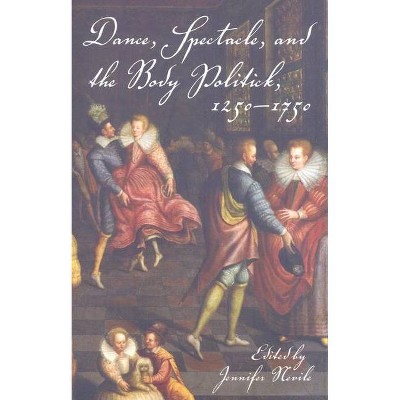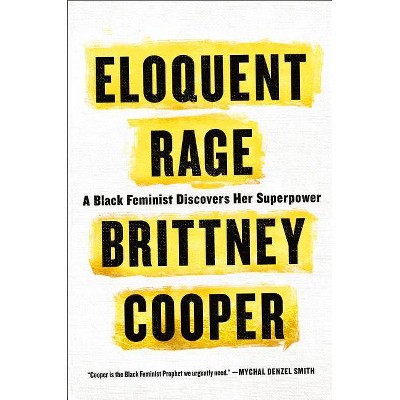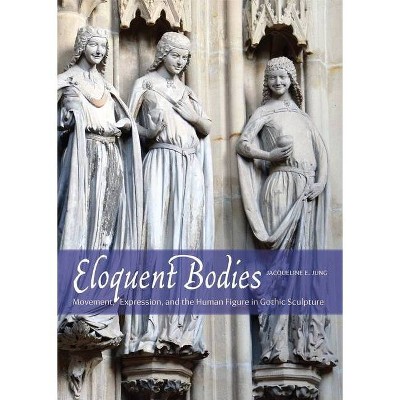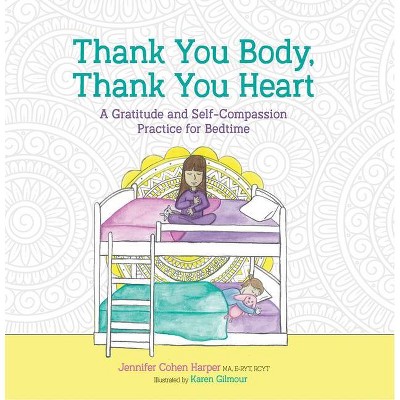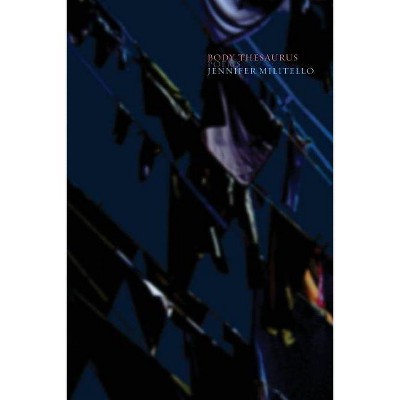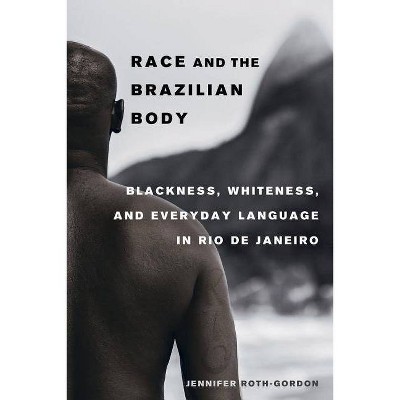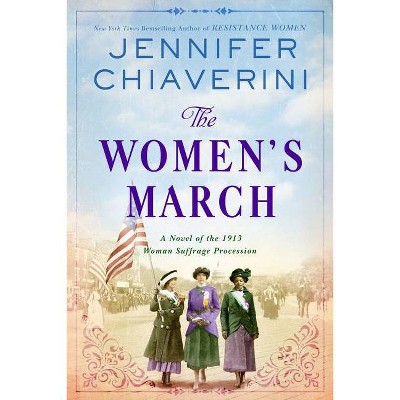The Eloquent Body - by Jennifer Nevile (Hardcover)
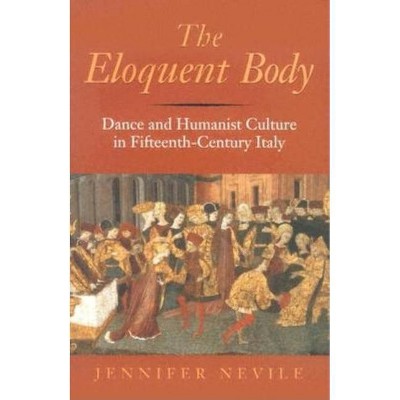
Similar Products
Products of same category from the store
AllProduct info
<p/><br></br><p><b> About the Book </b></p></br></br>Some topics include issues of economic class, education, and power; relating dance treatises to the ideals of Humanism and the meaning of the arts; ideas of the body as they relate to elegance, nobility, and ethics; the intellectual history of dance based on contemporaneous readings of Pythagoras and Plato; and a comparison of geometric dance structures to geometric order in Humanist architecture.<p/><br></br><p><b> Book Synopsis </b></p></br></br><p>This book adds an entirely new dimension to the consideration of Humanism and Italian culture. It will make a welcome addition to the field of cultural studies by broadening the subject to consider an important source of information that has been previously overlooked. --Timothy McGee</p><p><i>The Eloquent Body</i> offers a history and analysis of court dancing during the Renaissance, within the context of Italian Humanism. Each chapter addresses different philosophical, social, or intellectual aspects of dance during the 15th century. Some topics include issues of economic class, education, and power; relating dance treatises to the ideals of Humanism and the meaning of the arts; ideas of the body as they relate to elegance, nobility, and ethics; the intellectual history of dance based on contemporaneous readings of Pythagoras and Plato; and a comparison of geometric dance structures to geometric order in Humanist architecture.</p><p/><br></br><p><b> Review Quotes </b></p></br></br><br><p>. . . Neville highlights [dance's] . . . important role in fifteenth-century Italian society, focusing on how it embodied humanist concerns. Vol.32.2 2009</p>--Sue In Kim "DANCE CHRONICLE"<br><br><p>[T]his is essential reading for anyone interested in the history of theatrical dance.</p>-- "Early Music"<br><br><p>Musicologist Nevile (Univ. of New South Wales) documents the place of dance in the intellectual, social, and cultural world of 15th-century Italian elites. She analyzes treatises by three maestri di ballo (dance masters)--Domenico da Piacenza, Antonio Cornazano, and Guglielmo Ebreo da Pesaro--that apply to dancing the precepts of proportion, harmony, and moderation that humanists applied to rhetoric, painting, and architecture. Treating dance as an extension of music, which was part of the traditional quadrivium, these men elevated dance both as a means of moral education and as an articulation of the geometrical rules by which the universe was ordered. In thus dignifying their field of expertise, the maestri di ballo asserted their own importance as arbiters of style. Extensive passages from secondary and primary sources document the uncontroversial observation that dance was integral to Renaissance court culture. More original is Nevile's analysis of the dance treatises: attending to Pythagorean proportions, moral edification, and social decorum, these works paralleled contemporaneous theorizing by Guarino Guarini about literary education and by Leon Battista Alberti about painting and architecture. A helpful appendix details the floor tracks and music of four balli by Domenico. Summing Up: Recommended. Upper-division undergraduates and above.</p>--K. Gouwens "University of Connecticut, 2005oct CHOICE"<br><br><p>This book makes a notable contribution to the history of dance. It brings the art of dance into the scholarly fold, arguing persuasively that humanism influenced dance treatises as much as it affected poetry, music and philosophy, and demonstrates that skill in dancing in the Early Renaissance was a grace that every courtier had to master in order to distinguish himself as a true gentleman and to do well at court.24.1 2006</p>-- "Dance Research"<br><p/><br></br><p><b> About the Author </b></p></br></br><p>Jennifer Nevile has a Ph.D. in musicology from the University of New South Wales. She has published many articles in early music, history, and dance journals, including <i>Early Music</i> and <i>Renaissance Quarterly</i>. She is currently an Honorary Research Fellow in the School of Music and Music Education at UNSW.</p>
Price History
Price Archive shows prices from various stores, lets you see history and find the cheapest. There is no actual sale on the website. For all support, inquiry and suggestion messagescommunication@pricearchive.us
